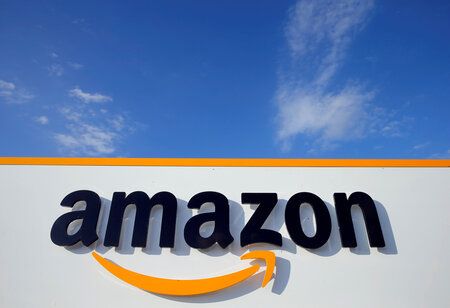By Global Consultants Review Team
 Amazon launched its first batch of Internet satellites into orbit on Monday, becoming the latest player in the mega constellation market, which is currently dominated by SpaceX's thousands of Starlinks.
Amazon launched its first batch of Internet satellites into orbit on Monday, becoming the latest player in the mega constellation market, which is currently dominated by SpaceX's thousands of Starlinks.
The United Launch Alliance's Atlas V rocket launched 27 of Amazon's Project Kuiper satellites, named after the frigid outer reaches of our solar system beyond Neptune. Once released into orbit, the satellites will eventually reach an altitude of nearly 630 kilometers.
Two test satellites were launched in 2023, also using an Atlas V. According to project officials, the most recent version has undergone significant upgrades. In order to accommodate astronomers, the most recent satellites are coated with a mirror film that scatters reflected sunlight.
Stargazers argue that the rapidly expanding constellations of low-orbiting satellites interfere with observations. Others are concerned about the possibility of future satellite collisions.
Amazon, founded by Jeff Bezos, who now runs his own rocket company, Blue Origin, plans to launch more than 3,200 of these satellites into orbit to provide fast, affordable broadband service all over the world.
Elon Musk's SpaceX has already launched over 8,000 Starlinks since 2019. On Sunday night, the company launched its 250th Starlink. More than 7,000 Starlinks are still in orbit about 550 kilometers above Earth.
The European-based OneWeb satellite constellation consists of hundreds of satellites in even higher orbits.
Amazon has already purchased dozens of rocket launches from United Launch Alliance and Blue Origin for Project Kuiper, among others.
Despite extensive ground testing, the project's vice-president, Rajeev Badyal, stated, "There are some things you can only learn in flight."
"Regardless of how the mission unfolds, this is only the beginning of our journey," he said in a statement before the evening launch.
The first liftoff attempt earlier this month was cancelled due to bad weather. It took until now to secure another launch spot at Cape Canaveral Space Force Station.
We use cookies to ensure you get the best experience on our website. Read more...